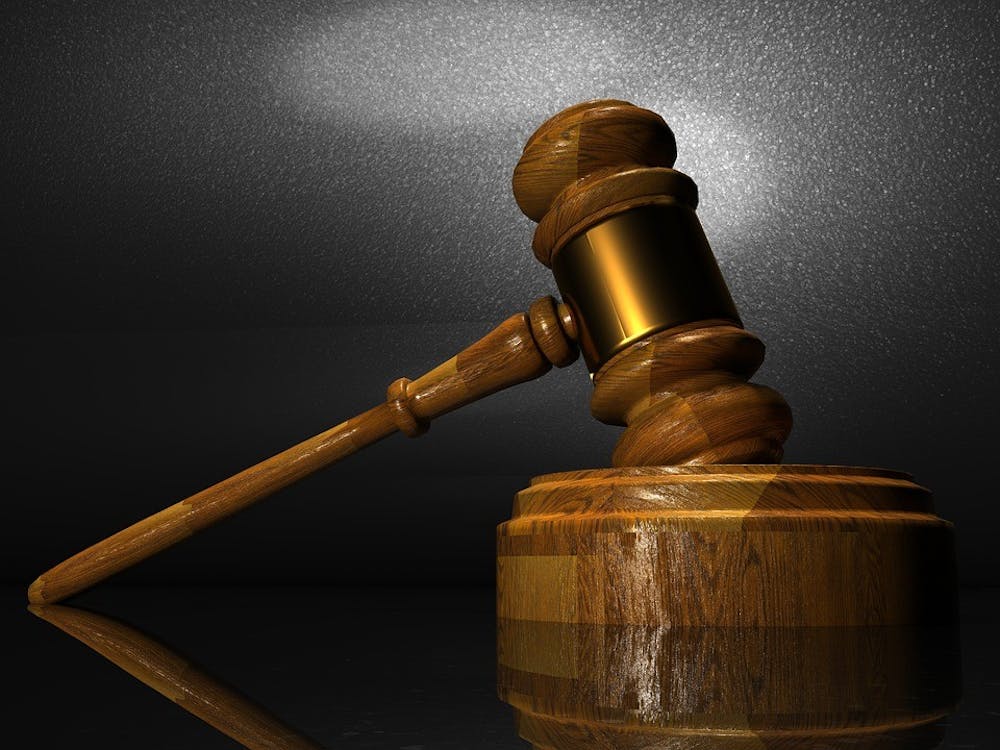Shippensburg University's criminal justice program is ranked 41 out of 50 programs in the U.S. on Value Colleges’ 2016 line-up.
Value Colleges determines the ranking of colleges based on their college scorecard, which stands to filter price, graduation rate and whether the institution is a non-profit, according to its website. For the 2016 ranking, SU’s program was compared to 175 other criminal justice/criminology programs across the U.S., based on its college scorecard. Value Colleges then sifted through U.S. News and World Report, Payscale’s 2015 College ROI Report and yearly tuition rates to rank the Top 50 criminal justice programs of the year.
Value Colleges ranked SU's criminal justice program among the Top 50 in the country because it is reputable, accredited and affordable. According to Value Colleges', SU’s program is also recognized as a best value for its $3,500 per semester tuition rate.
The criminal justice department at SU recently received Academy of Criminal Justice Sciences (ACJS) certification for its undergraduate program, according to Melissa Ricketts, department chair and associate professor. The criminal justice program at SU is one of the six programs in the country to obtain accreditation and the only one in the Pennsylvania State System of Higher Education.
“The criminal justice department is committed to providing a top-quality, education to our students, and we are honored that what we do so well was acknowledged by Value Colleges," Ricketts said.
SU's criminal justice program offers a wide variety of classes; everything from mental health to intimate partner violence. The department has two student organizations, the Criminal Justice Club and Alpha Phi Sigma, which hold various events aiming to prepare students for the future, through social development. Similar to many other programs at SU, criminal justice students are encouraged, through academic advising, to get to know their professors. The program also offers small class sizes, which gives students a personal educational experience.
“The ultimate goal is to have our students develop their utmost intellectual, personal and social capabilities they need to perform as competent citizens prepared to embark on a career,” Rickets said. “I treasure the opportunity to open their minds to new perspectives and ideas within the ever-changing field of criminal justice.”
“While criminal justice, in itself, isn’t a skill, the students learn a lot of skills throughout their classes, such as problem-solving, creative thinking and time-management,” said Billy Henson, an SU assistant professor of criminal justice. “When combined with those skills, the knowledge our students learn about the criminal justice system often puts them ahead of others in the field.”
Tori Ile, an SU senior majoring in criminal justice, has been with the program for three and a half years. Ile said there is a sense of community within the department as students continue to have classes together throughout the program.
Ile’s family influenced her to study criminal justice — her dad is a corrections officer and her uncle guarded the U.S. Capitol Building. Ile has a job lined up upon graduation to work at Roxbury Treatment Center as a mental health technician — a segment of the criminal justice field that she became interested in after taking the mental health class, which helped prepare her for the job.
“I am forever thankful for the criminal justice staff who has guided me to where I am today," Ile said.




The Slate welcomes thoughtful discussion on all of our stories, but please keep comments civil and on-topic. Read our full guidelines here.